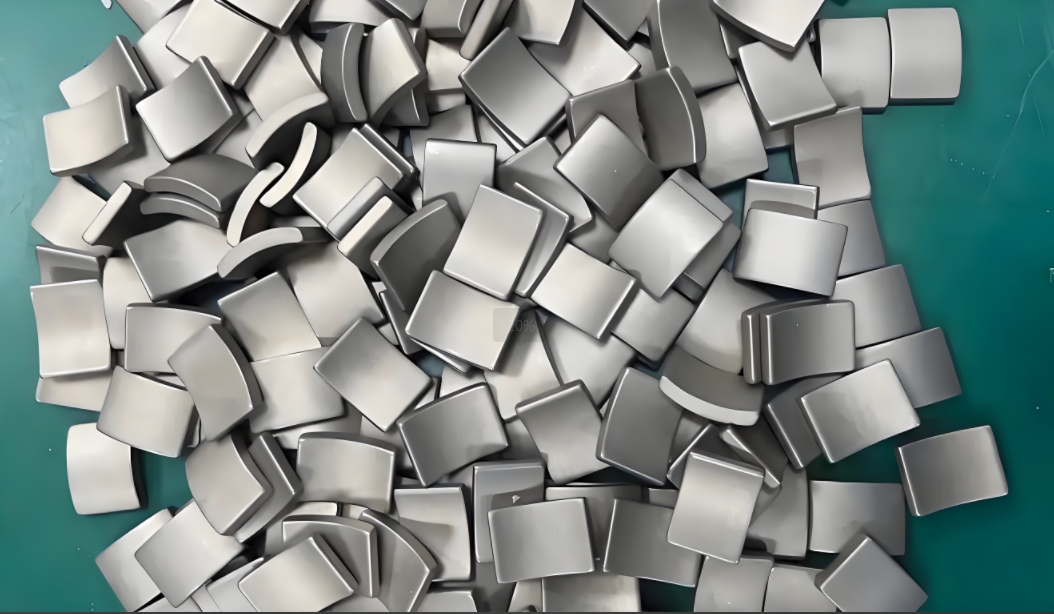
One stop solution for magnetic products

Neodymium magnets are made from an alloy of neodymium, iron, and boron (NdFeB). While the neodymium provides magnetic strength, the iron content makes them vulnerable to rust. Even tiny scratches or exposure to humid air can trigger corrosion, which weakens the magnet and eventually causes it to crumble.
5 Easy Ways to Protect Your Magnets
1. Choose the Right Coating
Most commercial neodymium magnets come with a protective coating. Look for these options:
Nickel plating: The most common and affordable coating, ideal for indoor use.
Epoxy resin: Better for outdoor or humid environments (e.g., marine applications).
Gold or titanium coatings: Premium options for decorative or jewelry magnets.
Avoid uncoated magnets unless you plan to seal them yourself.
2. Keep Them Dry
Moisture is the enemy. Store magnets in:
Airtight containers with silica gel packets.
Low-humidity areas (avoid bathrooms or garages with temperature swings).
If magnets get wet, dry them immediately with a soft cloth.
3. Guard Against Scratches
Damaged coatings expose the iron inside. Handle magnets carefully:
Use gloves to avoid transferring skin oils.
Don’t let them rub against metal surfaces or other magnets.
Separate stacked magnets with foam or paper.
4. Avoid Harsh Chemicals
Acids, saltwater, and cleaning solvents can eat through coatings. For example:
Don’t use magnets in saltwater aquariums unless they’re epoxy-coated.
Wipe off spills (like soda or vinegar) immediately.
5. Pick the Right Grade
Magnets labeled with an “N” rating (e.g., N42) may have corrosion resistance notes:
“Ni-Cu-Ni”: Triple-layer nickel-copper-nickel plating for heavy-duty use.
“SH” grades: Higher resistance to heat and humidity.
What If My Magnet Already Rusts?
Minor rust: Gently scrub with a soft brush and vinegar, then apply clear nail polish to seal the area.
Severe corrosion: Replace the magnet—rusted spots permanently weaken magnetic strength.
Bonus Tip: Think About Your Application
Indoor use (fridge magnets, toys): Nickel-coated magnets are sufficient.
Outdoor use (garden tools, drones): Opt for epoxy-coated or stainless-steel-cased magnets.
Wet environments (boats, fish tanks): Use fully encapsulated magnets sealed in plastic or rubber.
Final Thoughts
Neodymium magnets are powerful but need a little care to last. By choosing the right coating, storing them properly, and avoiding damage, you can prevent corrosion and keep their super-strong pull intact. Remember: a small effort today saves you from replacing magnets tomorrow!
Search
Categories List
Please give us a message

Beijing Saint Langma Magnetic Technology Co.,Ltd